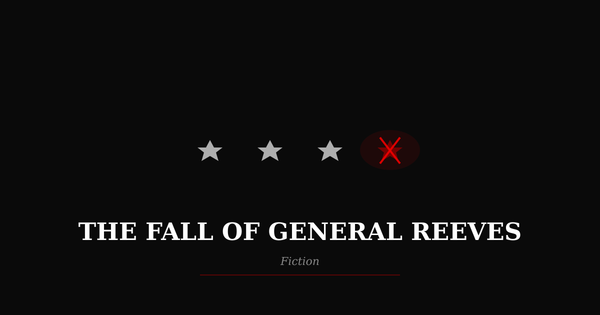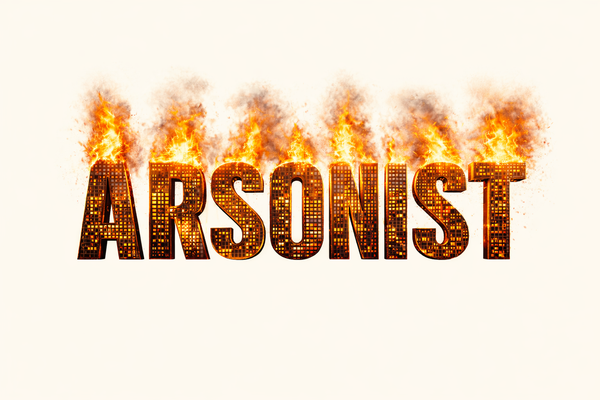Iran Seems Confused
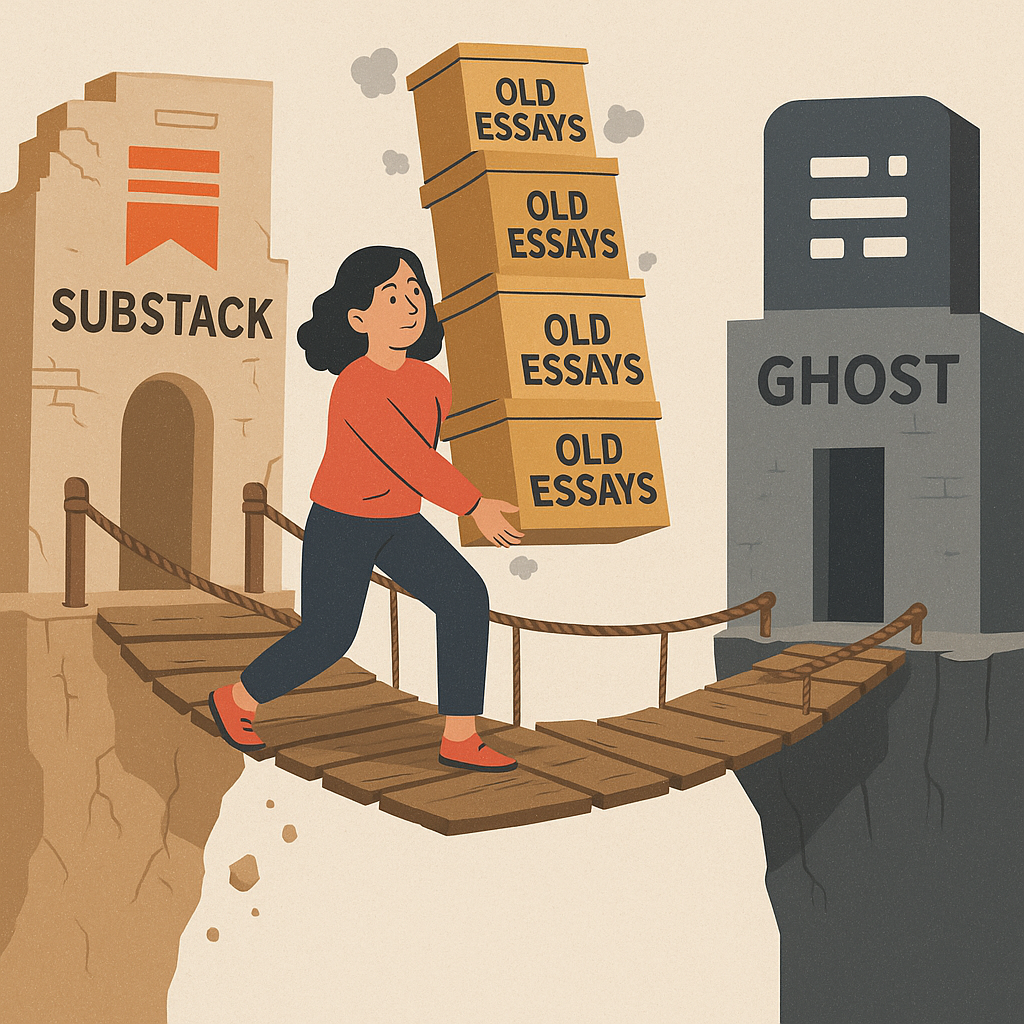
76 years of losing to Israel, banned dog-walking at home, and a state that fears happiness more than war.
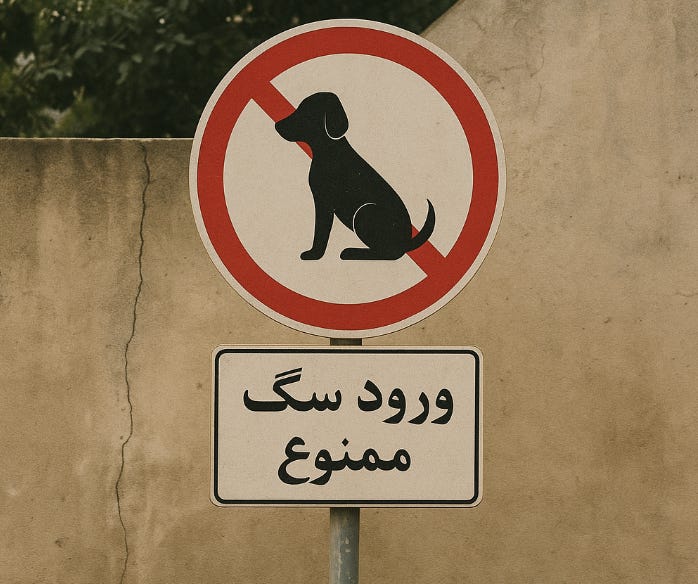
I’ve spent a long time trying to discover what they want—and still haven’t found anything that makes sense to me or my cat.
Not the people. The people are broke, surveilled, and starving. I mean the ones in charge—the clerics, the Revolutionary Guard, the black-turbaned men with satellite phones and martyrdom spreadsheets. They act like they’ve got a strategy. But if they do, it’s mostly slogans, theology, and a pile of burned-out proxies.
After 76 years of watching Israel win war after war, you’d think someone in Tehran might say: maybe let’s try something else. But no. The lesson that seems obvious to the rest of us—Israel tends to win—just hasn’t landed.
Because this was never about winning.
It was about not surrendering. About being seen resisting, even if the resistance is mostly rhetorical, or suicidal, or exported through rockets and ruined cities. Israel wins on the battlefield, but the theocrats win when the fight keeps going. The struggle is the brand.
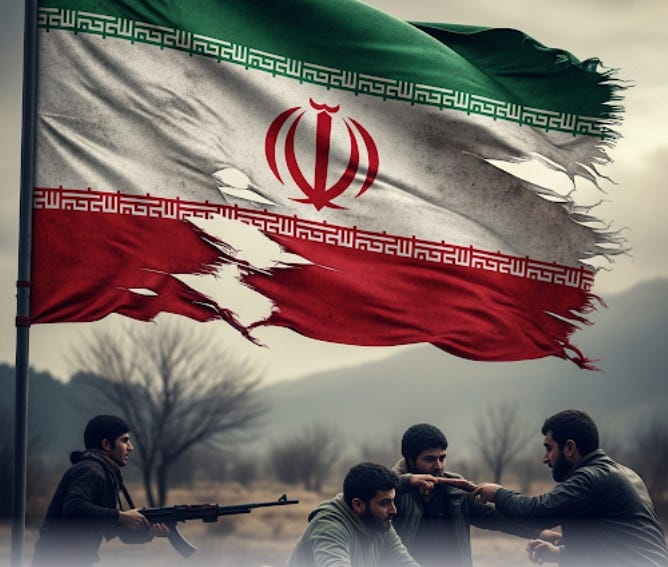
And Iran has perfected it.
At home, they’ve banned dogs.
Abroad, they’ve armed Hamas.
Neither improves the lives of Iranians—but both make noise. That’s the point.
So far, here’s what Iran’s leadership has produced:
- Sanctions so deep they’re basically part of the economy now.
- Poverty, inflicted mostly on the ones who can’t get out.
- Nuclear ambiguity—not a bomb, but not not a bomb either.
- Proxy militias, bleeding slowly across half the region.
- Brain drain—the talent left; the loyal stayed.
- Global pariah status, locked in place since 1979.
- Strategic depth, which just means pushing instability outward until it loops back.
- And now: starvation, branded as devotion. Not a mistake—an identity.
Meanwhile, they tell people they’re resisting. Resisting Israel. Resisting the West. Resisting joy, if we’re being honest.
Because yes—you can own a dog in Iran. You just can’t walk it.
That’s not a metaphor. It’s real. Dog walking is banned in public in cities like Tehran because it “offends Islamic values.” The police say it “causes panic.” Not violence—panic. The panic of seeing something normal.
The veterinary association protested. Citizens protested. But the regime stood firm. Because joy is dangerous. Public happiness is defiance. A woman walking a dog is two threats in one.
There’s no formal law. Just religious enforcement by decree. Iran doesn’t pass laws—it broadcasts anxieties. And then enforces them with clubs.
This is what authoritarianism looks like when it’s out of ideas: ban walking dogs. Ban hair. Ban dancing. Ban life.
So, what do they want?
They want enemies.
They want submission—to god (lowercase), to the state, to the fiction that suffering equals virtue.
They want hunger with meaning. Bombings with purpose.
They want to be feared if they can’t be loved.
And they want everyone to pretend that losing to Israel for 76 years is still part of the plan.
What they don’t have?
- Peace
- Dignity
- Economic stability
- Functional alliances
- Public trust
- Dogs in parks
The Iranian regime would rather rule over rubble than admit failure. Would rather starve its people than back down. Would rather ban poodles than allow hope.
They call it holy.
They call it resistance.
They call it order.
It’s none of those things. It’s just old men with unchecked power and no exit strategy.
Meanwhile, the missiles fly, the currency dies, and the leash stays indoors.
And god—lowercase—says nothing.


